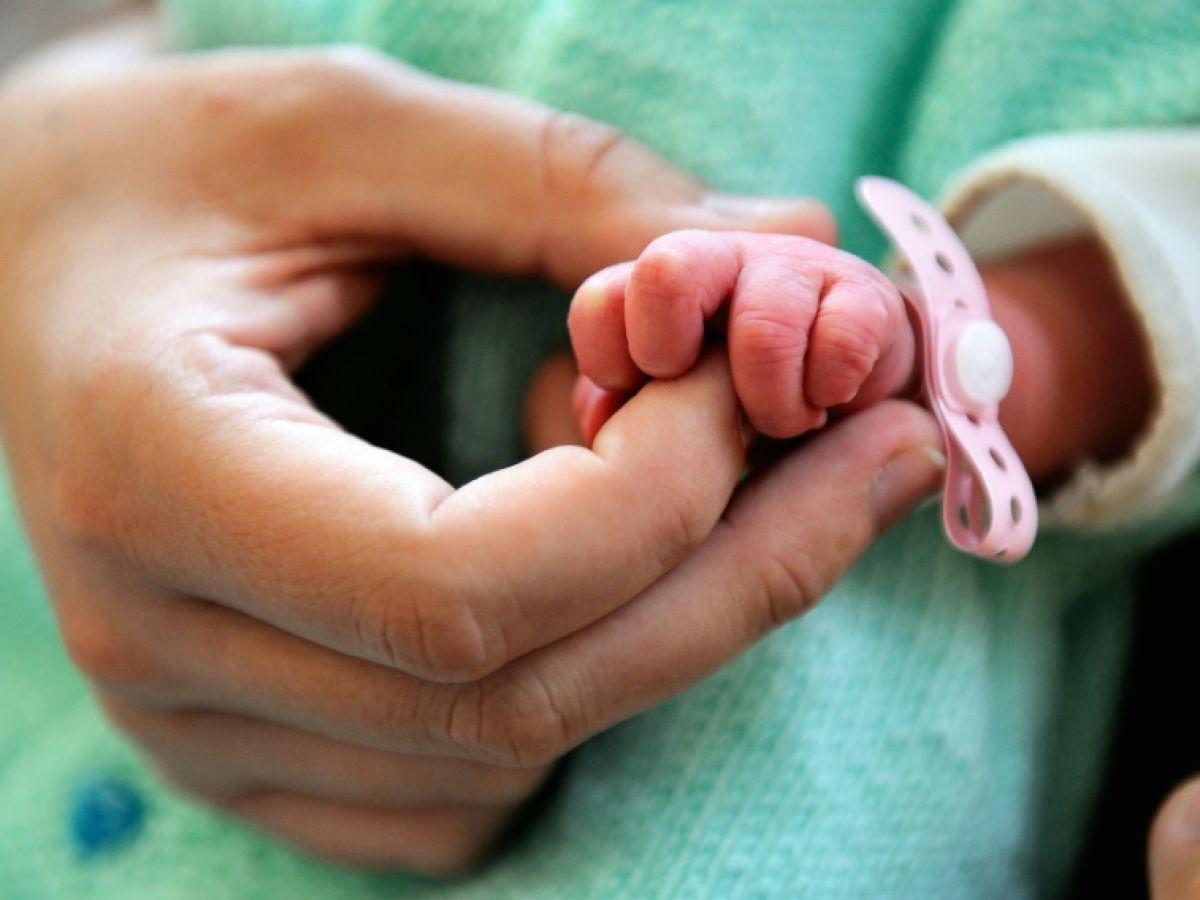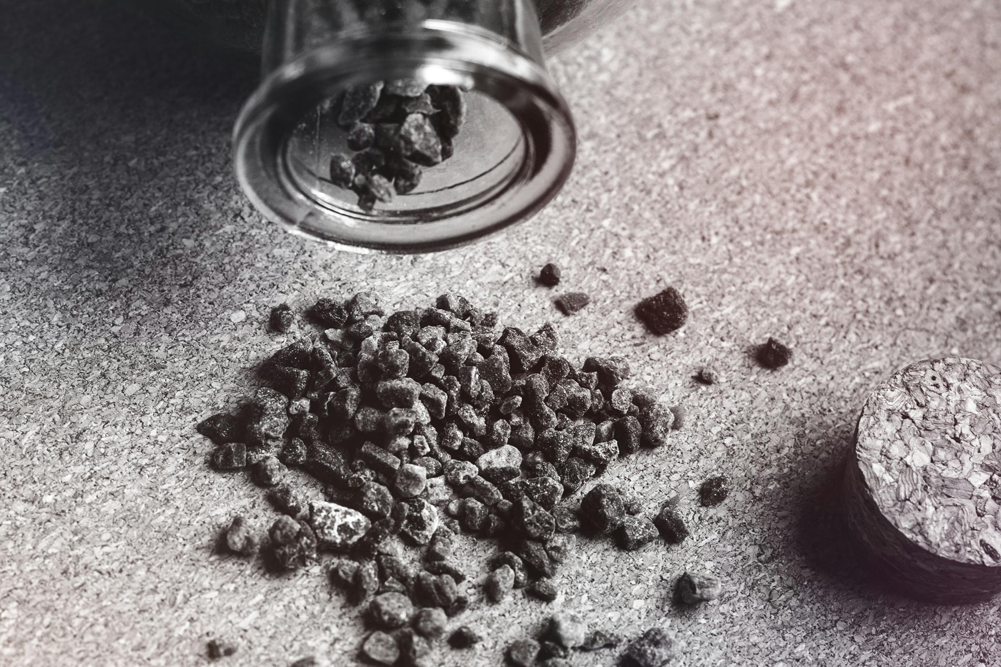Can you be born to a deceased father? The French courts ruled Tuesday by establishing a link of filiation in two cases of post-mortem medically assisted procreation (MAP), a technique prohibited in France.
The Paris Court of Appeal was called upon to rule on the case of a child born from posthumous medically assisted procreation (MAP) carried out in Spain, where this technique is authorized, with the consent of her father.
This involves a woman carrying out, after the death of her partner, medically assisted procreation (MAP) with the insemination of the latter's sperm or via the implantation of an embryo conceived with the couple's gametes, then frozen.
In its ruling handed down on Tuesday and seen by AFP, the court acknowledged the ban on posthumous medically assisted procreation in force in France but considered that the refusal, at first instance, to establish the parentage of the child born from this practice constitutes "an excessive invasion of the child's private life."
The latter's "best interests" require that the bond uniting him to his deceased father be legally established, the court ruled, ruling that excluding him from the paternal branch could prove "psychologically harmful."
The risk of exclusion from the inheritance of grandparents is also highlighted "even if the child's patrimonial interest is not predominant here".
Concerning the second case, which concerned the question of inheritance, the Paris Court of Appeal ruled that "the exclusion from the father's estate of the child born through post-mortem medically assisted procreation" carried out in Spain was certainly "consistent with the prohibition in France of such an approach".
The "unequal treatment in terms of inheritance" between descendants "is not justified in light of the equality of rights of children in their relationships with their father and mother regardless of the circumstances of their birth," the court noted.
"Such exclusion would place" the child "in the same situation as an unworthy heir excluded by operation of law," the ruling reads.
– “Moral posture” –
"This is good news for these children," Virginie Rio, president of the Bamp collective, which advocates for the legalization and regulation of this practice, told AFP.
"This connects them to their father and to the parental project and puts the spotlight on this issue," she added. "The post-mortem PMA block is not legal; it is exclusively based on a moral stance and not on what it implies for the women and children concerned, particularly in terms of name transmission and inheritance."
For Charlotte Ngoma, a French woman who has been fighting to continue her PMA journey since the death of her husband in 2023 and who is currently taking her fight to the European Court of Human Rights, the decisions handed down on Tuesday are "very positive."
However, she is "not sure" that this will change the French position on this subject - "there is room for improvement!"
Confirming the 2004 law, the 2021 bioethics law maintained that the death of a member of the couple constituted an "obstacle" to insemination or embryo transfer.
In opinions issued in 2011 and 2017, the National Consultative Ethics Council (CCNE) ruled against the use of cryopreserved sperm but said it was in favor of embryo transfer, provided that the man had expressed his consent to this possibility during his lifetime and that the woman concerned received "medical and psychological support."
Regarding inheritance law, it should indeed be "adapted" to "take into account the particular situation of a child whose date of birth falls outside the presumed period of conception", but these "legal difficulties" are not "insurmountable".
These opinions are, however, old and could change during the next General Assembly of Bioethics, which will begin in January, the CCNE specified to AFP.
A bill has also been tabled to amend the legislation and authorize posthumous medically assisted procreation in France, Socialist MP Arthur Delaporte told AFP.

